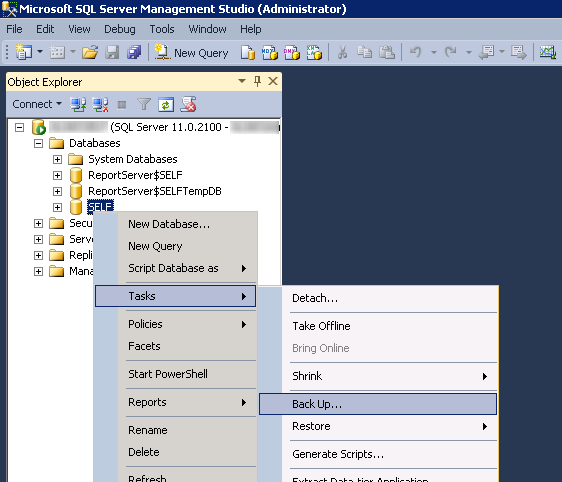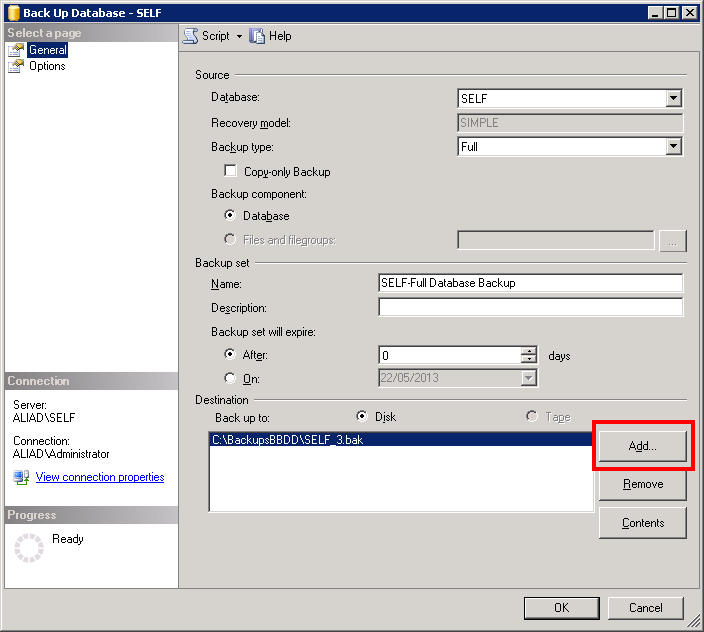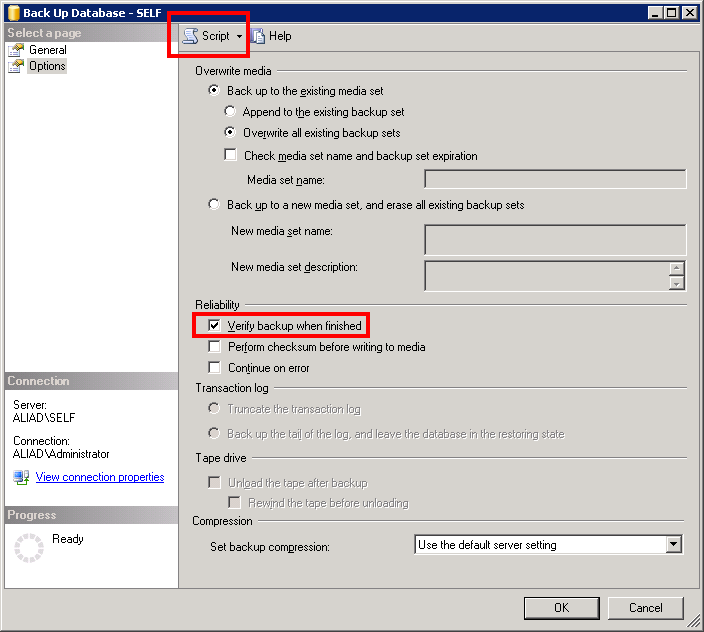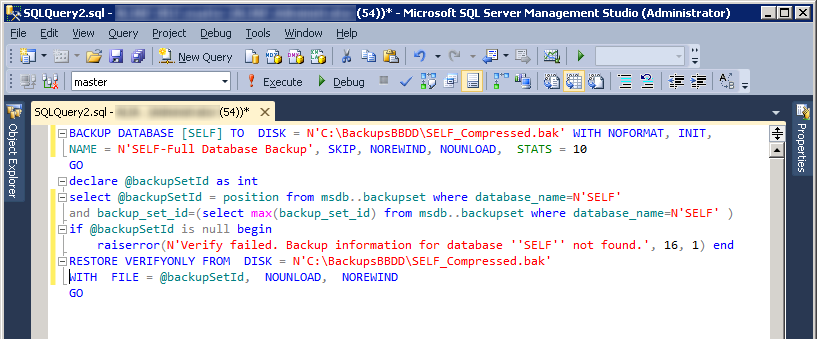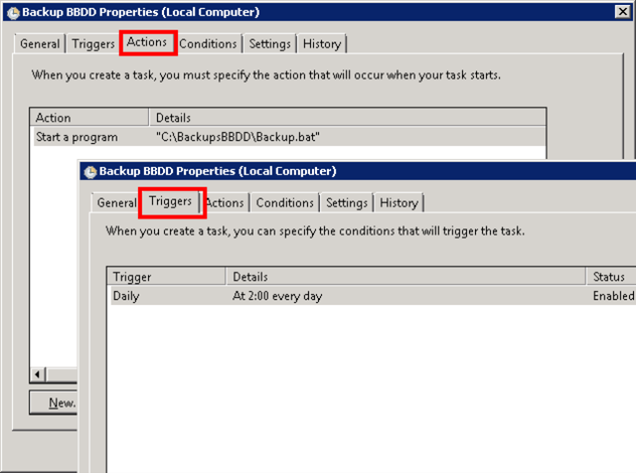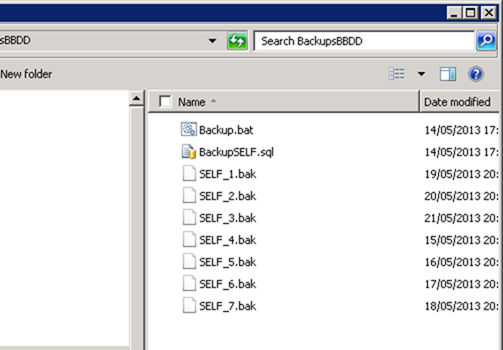[De: http://www.makeuseof.com/tag/coding-isnt-everyone-7-tech-jobs-can-get-without/]
Programming isn’t for everyone; it requires a very specific kind of quantitative, analytical thinking, and the learning process can be a tough one, even with some of the fun ways to learn to program. But don’t be discouraged if you want to be a part of the tech field: there are plenty of jobs for people who don’t know how to code!
These seven will give you an idea of what’s out there.
Designer

Coding can be more art than science, but graphic design is all about art. If you’re artistically inclined and you’d like to be involved in tech, being a designer is something you may want to consider. There are a number of areas that you could specialize in, or you could be a jack-of-all-designing-trades and do a bit of each. Designing products and packaging for companies that produce tangible goods, designing ads and brand imaging for ones that don’t, and designing web pages for both are all necessary.
Design is one of the areas on this list that you could be successful in without any coding knowledge at all. Although everyone can benefit from a few basic coding skills (especially inweb design), many designers have no programming knowledge whatsoever. If you’re interested in both design and coding, you’ll be happy to know that there’s a programming language for designers called Processing.
User Experience (UX) / User Interface (UI) Specialist

There are a number of roles that fall under this category, but they all have to do with how users interact with a website, program, or app. This role can involve skills from design, psychology, human-computer interaction (HCI), and others. When websites, programs, and apps are being developed, UX/UI specialists sketch out wireframes and mockups, test models on users, and provide guidelines for designers to complete the user interface.
Survey results released earlier this year showed that UX experts come from a wide variety of backgrounds, and have degrees in all manner of things — many had relevant master’s degrees, such as in HCI. When asked which skills they found most useful, they said web design, writing, programming, psychology, design, and research methods.
Business Analyst

From the outside, it might seem like the software development cycle is pretty simple: a customer (within or outside of a company) tells the developers what they need, the developers create it, and that’s that. But it’s a lot more complicated. The requirements that the customer has rarely translate to technical requirements smoothly — there’s a lot of interpretation and translation that has to take place before everyone understands each other.
This is where the business analyst comes in: they bridge the gap between customer and developers by gaining a solid understanding of what the customer wants the software or product to do and turning that into a series of tasks that the developers can deal with, one at a time. After going through all of these tasks, the developers will have created a product that satisfies the customer. (That’s the idea, anyway!)
Project / Program Manager

Project and program managers often have related responsibilities to business analysts, but need to have a higher-level understanding of a company or project group. The best managers in the tech world learn to understand programmers and complement their needs rather than get into the nitty-gritty of coding. Project managers are in charge of specific projects, and often have to coordinate the priorities and actions of a range of parties, from developers and engineers to marketers and salespeople.
Program managers have a similar job, but generally work at an even higher level, managing a number of projects across an organization, ensuring that the projects help further the company’s goals. This could involve helping to determine the course of development across different products, as well as working closely with a number of project managers to oversee the progression of multiple projects.
System Administrator

Sysadmins, as they’re known, are often viewed as the handymen of an IT department. They take on everything from unboxing and setting up servers, to backing up files across the entire company, to creating firewalls to protect the network, to getting an email server back online when it goes down. Some companies have a number of sysadmins with distinct specialties, while others have a single sysadmin that takes on any project needed.
As you might imagine, having some programming experience — especially with scriptinglanguages, like Perl or Ruby — and having a solid understanding of how to run a wide range ofcommands through the terminal are very useful in this position. Successful sysadmins have a wide range of skills, including people skills for working with frustrated users who can’t check their email or submit their project reports.
Technical Writing

If your talents lie in crafting concise, useful prose instead of in crafting apps or databases, technical writing may be a great career path for you. Programs, websites, scripts, and nearly every other type of product need extensive documentation. It can be instructions for users, requirements for developers, press releases, technical reports, specifications, or a wide range of other types of documents.
To be an effective technical writer, it’s beneficial to have an understanding of the sort of thing that you’re writing about, whether it’s an app or a set of mechanical engineering blueprints. Being concise, descriptive, and well-organized are also very useful writing skills to have in this field. Many technical writers get their start in the field that they work in, but others begin as freelancers or writers of other kinds.
Marketing / Sales

When it comes down to it, almost every tech company’s goal — like companies in any other field — is to make money. Which means they need to sell products. And that means that people who have the skills to market and sell those products are in high demand. What sets marketing and sales in the tech world apart from many other fields is that companies are often in tune with up-and-coming methods of marketing and advertising, and this can be appealing to many people who want to work in tech without programming.
For example, search engine optimization, search engine marketing, pay-per-click advertising, content marketing, web production, and social media marketing are all important fields that are relatively new within marketing and advertising that tech companies are likely to be hiring for. Some of them require more technical knowledge than others, but they all benefit from having a good understanding of the technology that the company is selling.
Get a Job!
Just because you don’t like coding doesn’t mean you can’t have a job in the tech sector and be involved in all the cool projects that entails — these seven areas, as well as many others, are open to you if you’re willing to work hard and prove yourself. As previously mentioned, having at least a basic understanding of the principles of programming can be very helpful, but for most of these jobs, you won’t need to know more than the basics.
Do you have a job in the tech sector? How much do you know about coding? What advice do you have for people trying to get into the field without programming knowledge? Share your thoughts below!

